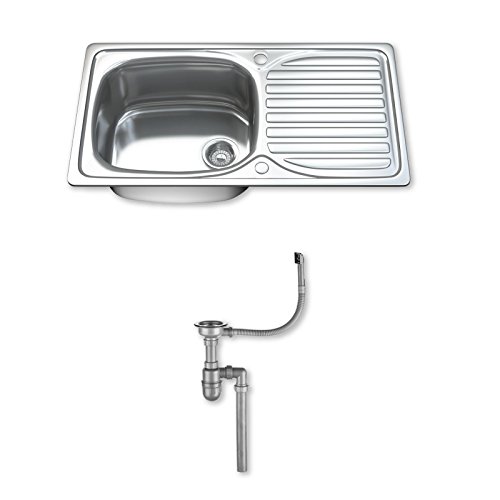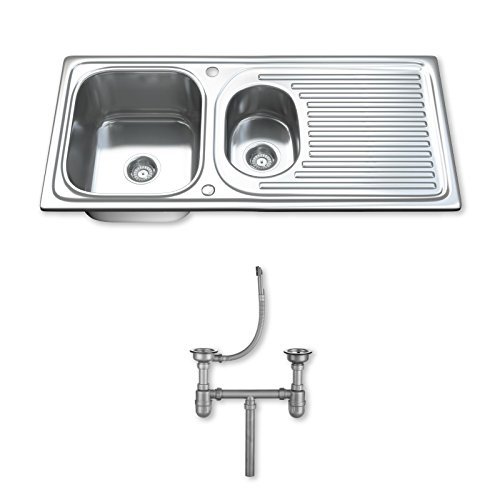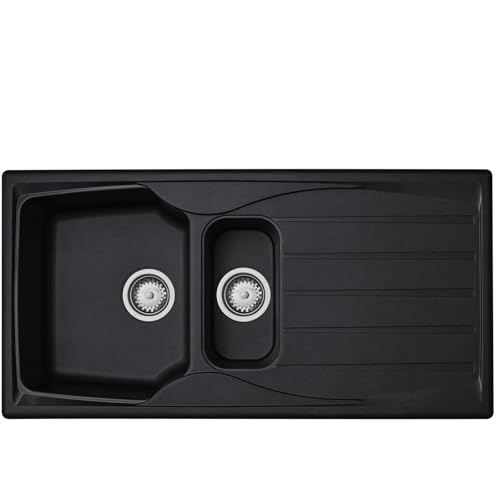Understanding Composite Kitchen Sinks
Composite kitchen sinks are made from a mixture of materials such as granite, quartz, and acrylic. They are durable, non-porous, and resistant to scratches and stains. However, over time, stains can build up on the surface of the sink, and they can be difficult to remove. Knowing the type of stain and the right cleaning methods can help you get rid of stubborn stains from your composite kitchen sink.
Tackling Grease and Oil Stains
Grease and oil stains are common in composite kitchen sinks, especially if you cook often. To remove these stains, you can use a mixture of baking soda and water. Apply the mixture to the stain and let it sit for about 15 minutes. Then, scrub the stain with a soft brush or sponge and rinse with water. For tougher stains, you can use a mix of vinegar and water, but avoid using abrasive cleaners or steel wool, as they can scratch the surface of the sink.
Eliminating Rust Stains
If you notice rust stains in your composite kitchen sink, you can use a mixture of lemon juice and baking soda. Apply the mixture to the stain and let it sit for 30 minutes, then scrub the stain with a soft brush or sponge and rinse with water. You can also try using a solution of oxalic acid and water, but wear gloves and protective goggles and avoid inhaling the fumes.
Removing Hard Water Stains
Hard water stains can build up over time in composite kitchen sinks, leaving them looking dull and stained. To remove these stains, you can use a mixture of white vinegar and water. Soak a soft cloth in the mixture and apply it to the stain. Let it sit for 15-30 minutes, then scrub the stain with a sponge or soft brush and rinse with water. For tougher stains, you may need to repeat the process or use a commercial cleaner designed for hard water stains.
Preventing Stains in Composite Kitchen Sinks
The best way to deal with stains in composite kitchen sinks is to prevent them from forming in the first place. You can do this by avoiding leaving food and liquids in the sink for extended periods, rinsing the sink after each use, and using a sink mat or grid to protect the surface from scratches. Also, avoid using abrasive pads or cleaners on the sink, as they can damage the surface and make it more prone to staining.






